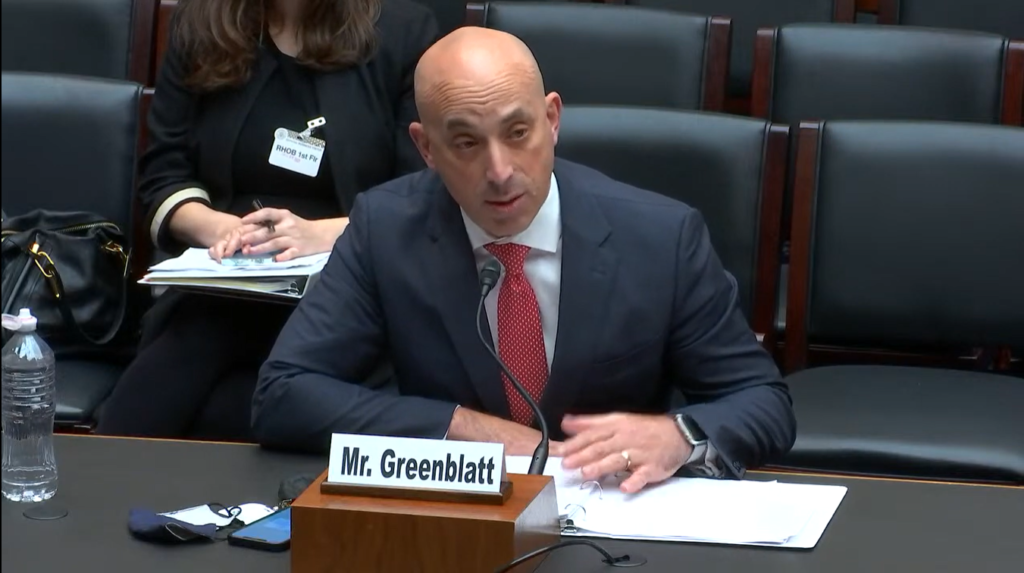‘The Time for Self-Regulation is Over’: House Committee Member Wants Action on Big Tech
And the CEO of the Anti-Defamation League calls for Section 230 reform.
Benjamin Kahn

WASHINGTON, December 9, 2021 – Janice Schakowsky, D-Illinois, said at a House Committee on Energy and Commerce meeting Thursday that big technology companies like Facebook cannot be left to regulate themselves.
The ranking member on the committee, which is held a hearing on legislation for a safer internet, was joined by witness Jonathan Greenblatt, CEO and national director of the Anti-Defamation League, in criticizing the companies for not doing enough to stem information from harming its users.
“Today’s internet is harming our children, our society, and our democracy,” said Schakowsky. “For too long, Big Tech has acted without any real accountability. Instead, they have given us excuses and apologies. The time for self-regulation is over.”
The hearing comes one week after Facebook whistleblower Frances Haugen told the House Subcommittee on Communications and Technology that action should be taken to investigate Facebook’s social harms to consumers, following her leaking of documents indicating Facebook has been aware of how damaging its platforms are to young people. Haugen previously asked for Congress to force Facebook to hand over its internal research to the government because it can’t be trusted to act on it.
“Section 230 must be changed to force the companies to play by the same rules that every other media company on the landscape operates by today,” said Greenblatt. “It is just not a matter of free speech; it is simply being held accountable in courts of law when the platforms aid and abet unlawful – even lethal – conduct in service of their growth and revenue.”
Greenblatt was referring to liability protections afforded to internet companies for what their users post and the lack of parity when it comes to regulations that apply to traditional broadcasters but not to internet companies.
Section 230 has drawn the ire of both Democrats and Republicans. While conservatives argue that the provision under the Communications Decency Act is stifling free speech and censoring their voices, liberals often believe that the policy prevents social media platforms from being held accountable, and as a result, are complicit in hateful speech and other forms of harassment or online crimes.
Because of this, members of both parties have called for the complete repeal or amending of Section 230, though few legislators have offered practical alternative solutions to prevent companies from being buried in litigation as they are suddenly all held liable for user content on their platforms.
Haugen’s testimony triggered new justification for Section 230 reform proposals. In October, following her testimony, House Democrats introduced legislation that would remove legal immunities for companies that knowingly allow content that is physically or emotionally damaging to its users.
“Tech companies are complicit in the hate and violence on their platforms,” Greenblatt said. “Because if it bleeds, it leads, and it feeds their business model and their bottom line. Hate speech, conspiracy theories – they are amplified by the algorithms – nudged to the top of [users’] news feeds and [the algorithms] addict users like a narcotic, driving engagement, which in turn increases [companies’] profits, with no oversite and no incentives beyond increasing revenue.”









Member discussion